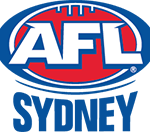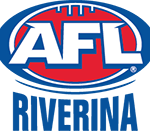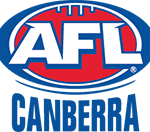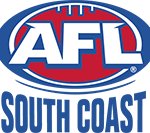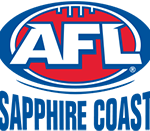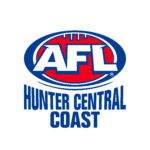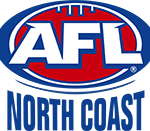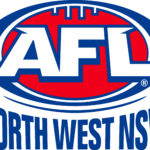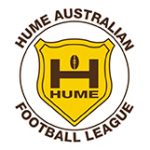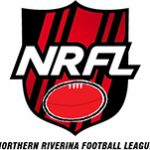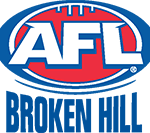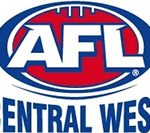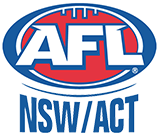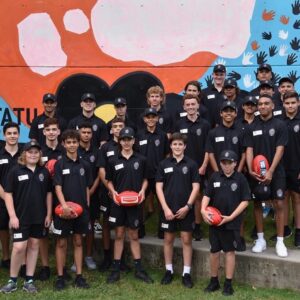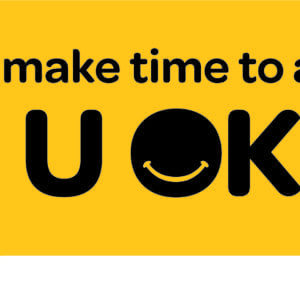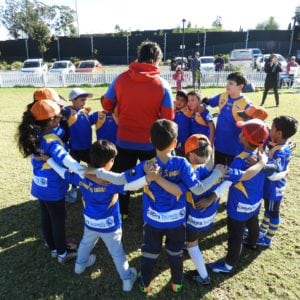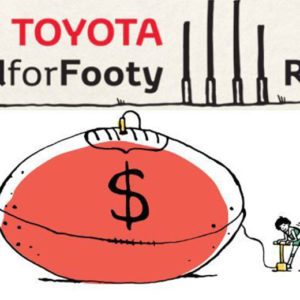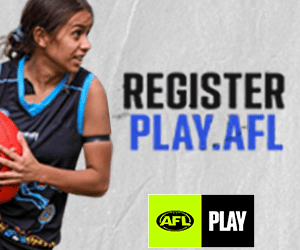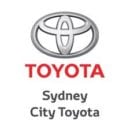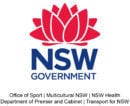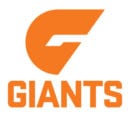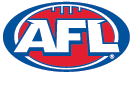Hitting out against discrimination
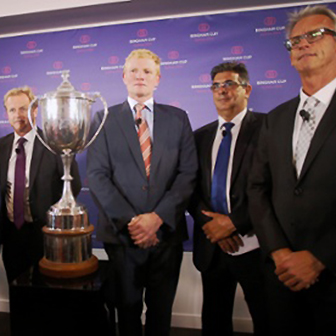
By Jack McAnespie
It’s not often that the bosses of Australia’s major sporting codes come together. So when the head administrators of Australian Rules Football, Cricket Australia, the National Rugby League, Football Federation Australia and Australian Rugby came together this week, Australia’s sporting community took notice.
Australia’s five major sporting codes teamed up in support of equal rights, and the removal of homophobia in the sporting community throughout Australia.
While campaigns such as these have been successful overseas, it is the first of its kind in Australia.
At the forefront of this movement is Sydney Swans premiership player, Mike Pyke.
While gay rights has come a long way in Australia, particularly in the last decade, the same cannot be said on the sporting front.
Speaking on Channel 10’s current affairs show, The Project, Pyke voiced his support for equal rights on the sporting field, along with support for a new framework that will outline action related to homophobia in Australian sport.
“I think it’s really important because I don’t think that anyone should be vilified for their sexual preference,” Pyke said.
By August, a new framework will ban all homophonic and abusive language on and around the sporting field, along with policies for reporting and punishing homophobic action, in association with training and public campaigns about Lesbian, Gay, Bisexual, Transgender and Intersex rights.
In terms of culture, Pyke believes that it is something that must be altered from a community standpoint first.
“It’s something that runs deep into the community… it’s a personal thing. It starts at home but the best thing as a professional athlete is put your hand up and say you’re against that and that you don’t think it’s right, and hopefully you can drive that change,” Pyke said.
AFL Chief Executive Andrew Demetriou said the AFL was pleased to join the ARU, NRL, FFA and CA in promoting efforts to eliminate discrimination based on homophobia for anyone wanting to be involved in sport as either a player, official or volunteer.
“The AFL embraces inclusion and diversity within our game and today’s launch is another important step in the journey towards a level playing field for all people who simply aspire to compete or be involved in their chosen sport,” Mr Demetriou said.
“The AFL does not tolerate discrimination in any form and I’m proud of our track record in both responding to issues and also proactively ensuring safe, welcoming and inclusive environments for all people involved in Australian Football.”
Mr Demetriou said the AFL was already delivering on the key elements of the Framework but acknowledged there was always room to further enhance the code’s efforts to ensure that homophobia is not tolerated at any level of the game.
“One of the AFL’s most tangible actions in addressing homophobia came five years ago when we expanded an existing rule relating to on-field racial and religious vilification to also prohibit vilification on the basis of sexual identity.
“Discrimination is never acceptable and vilification based on sexual identity is just as serious an offence as vilification based on gender, race, religion, colour or special disability.”
The AFL Vilification Policy is aimed at both prevention and the building of capacity within the industry to recognise, respond to and provide support to anyone affected by vilification and discrimination.
In recent times the AFL has been pleased to lend its support to the No To Homophobia campaign as part of an overall commitment to social inclusion as well as partnering with the Victorian Equal Opportunity and Human Rights Commission to develop the code’s policy position.
Other relevant initiatives include:
• The No To Homophobia TVC ran on scoreboards during the 2012 Finals and 2013 season along with other relevant TVCs (Beyond Blue and Diversity) under the banner: AFL – Supporting Inclusion & Diversity
• Support to the AFLPA led IDAHO campaign pledge to take a stand against homophobia
• Facilitation of an AFL 9’s game in the Midsumma Sports Day in 2013 and 2014
• Ongoing work with Yarra Glen footballer Jason Ball on further anti-homophobia initiatives
• Jason Ball invited to speak at the AFL’s State Train the Trainer workshop and the inclusion of his story as a video case study as part of the education package for 1-3 year elite players
• Video case studies also disseminated via AFL social media channels and promoted on AFL scoreboards in 2014
• Compulsory AFL player education, including components on vilification and homophobia
• National Community Education Program targeting local football clubs with messages focused on Respectful Relationships, Alcohol and Illicit Drugs, with the AFL delivering more than 100 face-to-face education sessions nationally.
Development of an overarching Social Inclusion Policy for the AFL, with relevant areas such as anti-homophobia underpinned by relationships with specific partners such as No to Homophobia
“The AFL will continue to pursue initiatives that challenge stereotypes, raise awareness, and promote inclusion and diversity in Australian Football. We want our game at every level to be a sport that welcomes everyone,” Mr Demetriou said.
